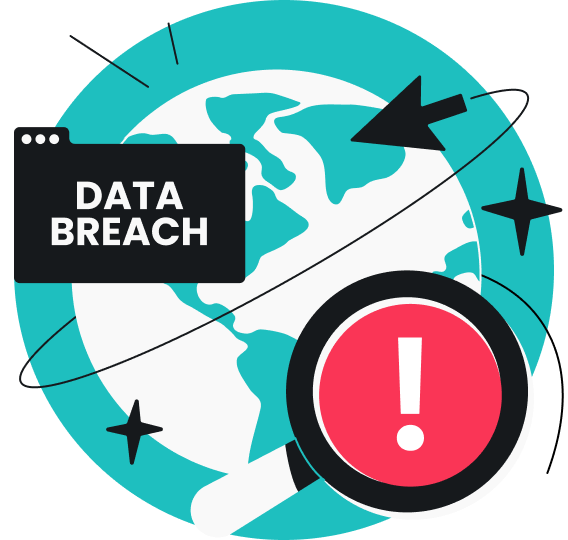
In today’s digital era, people tend to share every moment of their lives on social media despite the understanding that these seemingly trivial details can unveil the most sensitive information about them. Strangely, while society upholds certain aspects, such as using the toilet, as private, the same level of discretion isn’t extended to sharing personal data.
How much are you willing to share?
To illuminate this paradox, we conducted a provocative guerrilla marketing experiment on the streets of London featuring a truck with a transparent toilet and a person inside. The experiment questioned why people are comfortable sharing their intimate data but not this intimate act.


The campaign aims to raise a discussion on online privacy — just like you wouldn’t want the walls of your loo to be transparent, you shouldn’t want your data to be easily accessible by third (and potentially malicious) parties. We want people to take their privacy seriously by being careful when sharing data online and using proper cybersecurity tools (like a VPN and antivirus) when browsing the internet.

It’s not okay to share anything related to you
Approximately 6.5 billion unique user accounts have unwittingly shared their data, subsequently leaked online. Surfshark has been vocal about data breaches for years, and our Data Breach Map reveals shocking numbers.
“Surfshark’s extensive monitoring of data breach trends over the past two decades reveals an alarming digital reality: data leaks persist as an ongoing global threat. Since 2004, a total of 17.2B accounts have been breached, and approximately 6.5B of them have unique email addresses. That means a single email address is breached around 3 times on a global scale,” says Lina Survila, a spokesperson at Surfshark.
The UK ranks 7th by breach count over the last 20 years
Since 2004, the UK has witnessed significant data breach incidents, ranking as the 7th most breached nation globally over the last 20 years. A staggering 1 billion personal records have been exposed during this period. On average, each email address is leaked with three additional data points, amplifying personal information exposure risk.
Additionally, 238 million passwords were leaked alongside British accounts, leaving 74% of breached users vulnerable to potential account takeover.
We hope this campaign will raise awareness and change these staggering numbers and people’s attitudes toward their data.
Note: A data breach happens when confidential and sensitive data gets exposed to unauthorized third parties. In this study, we treat every breached or leaked email address used to register for online services as a separate user account, which may have been leaked with additional information, such as password, phone number, IP address, zip code, and more.
